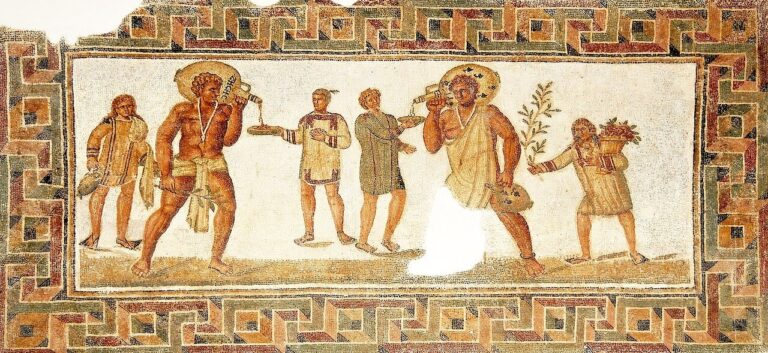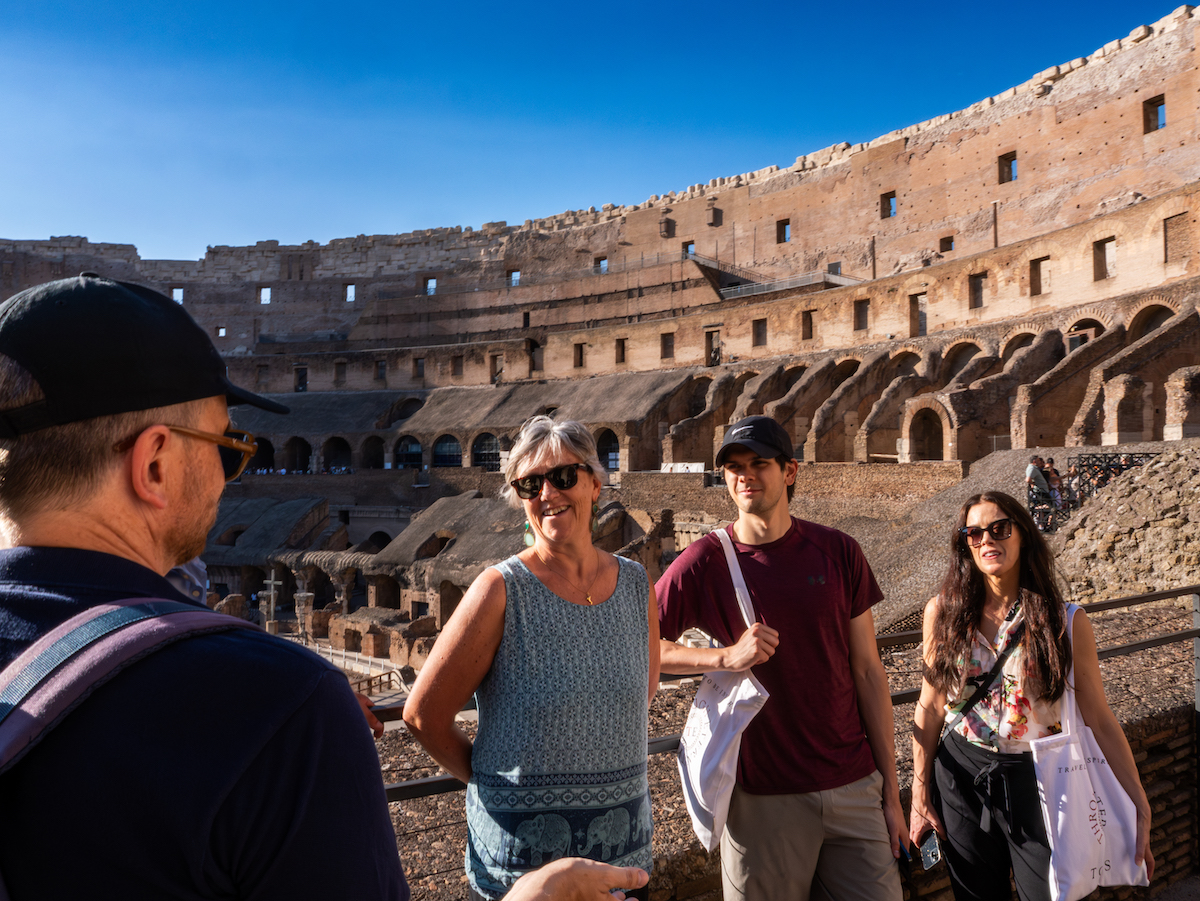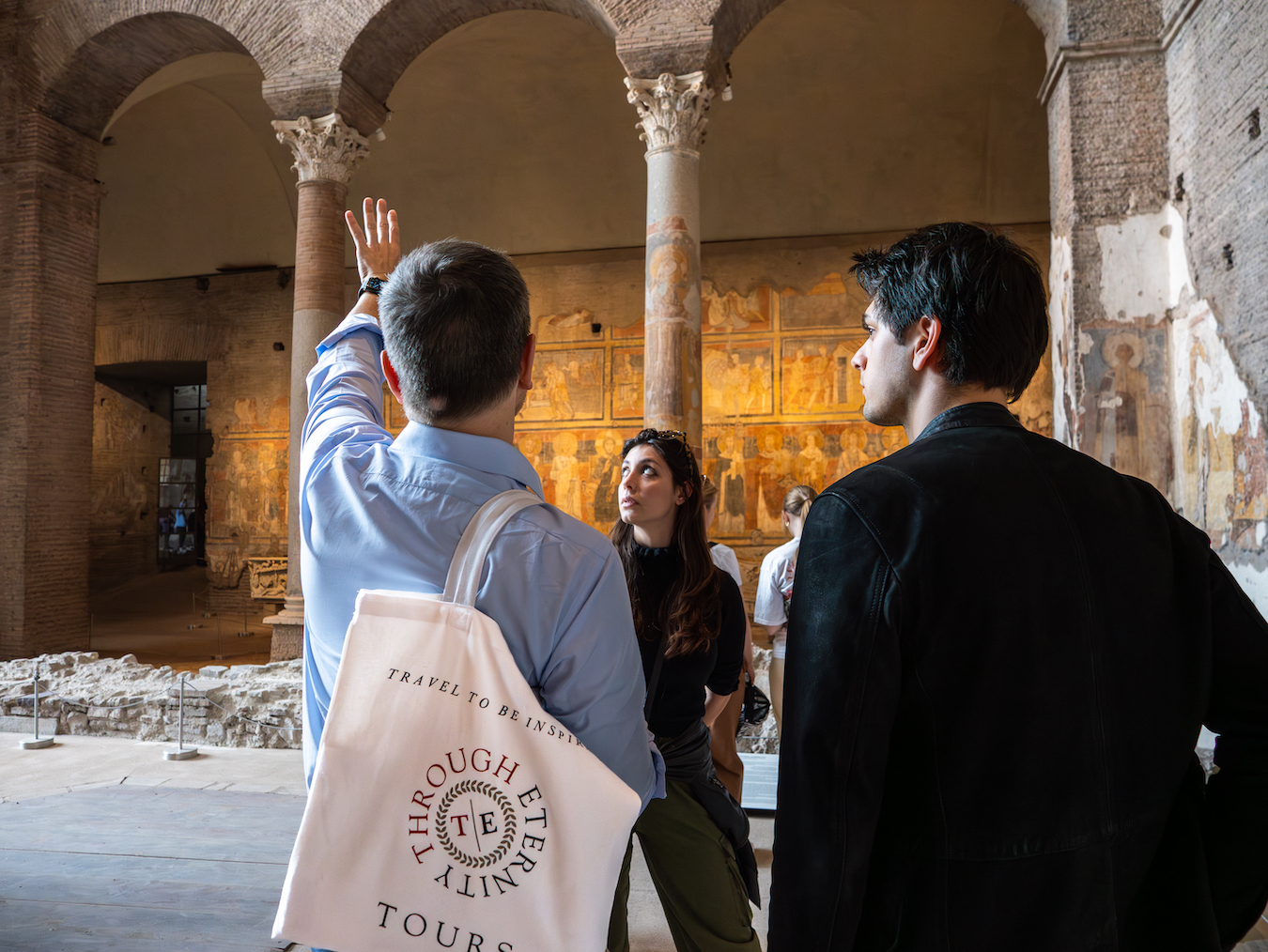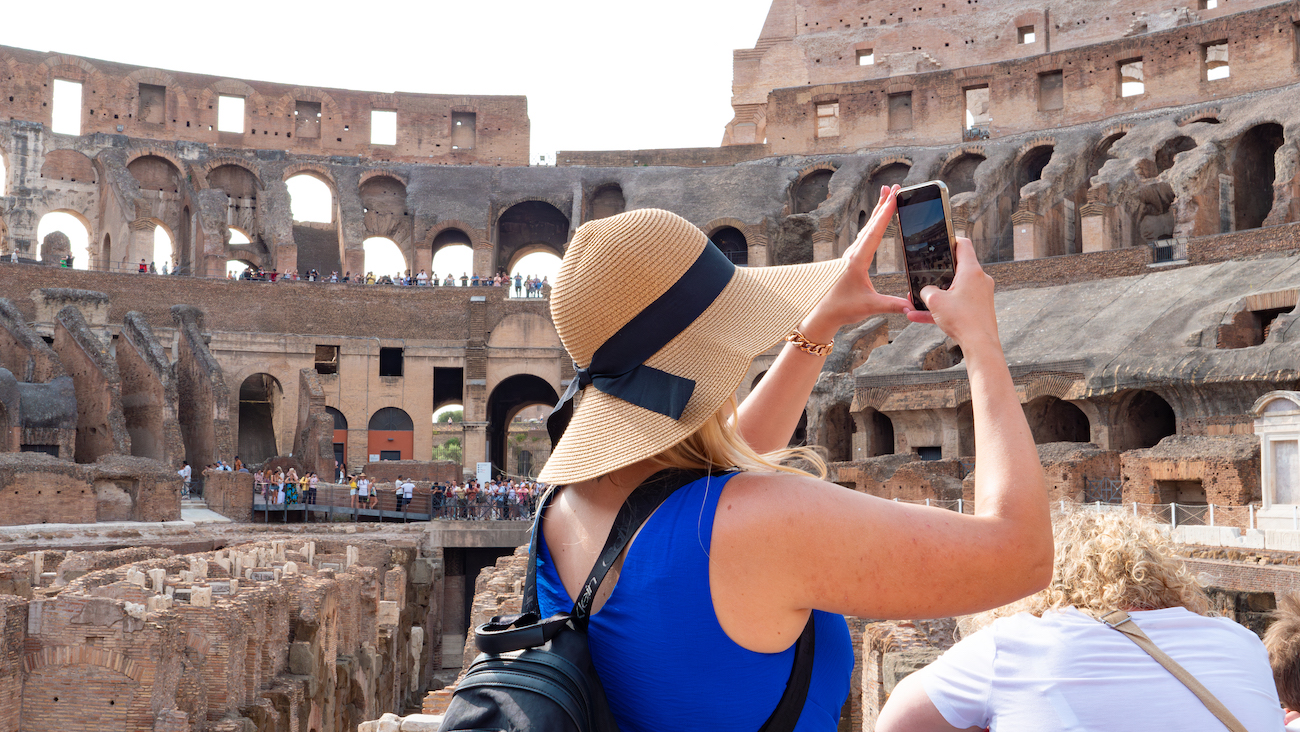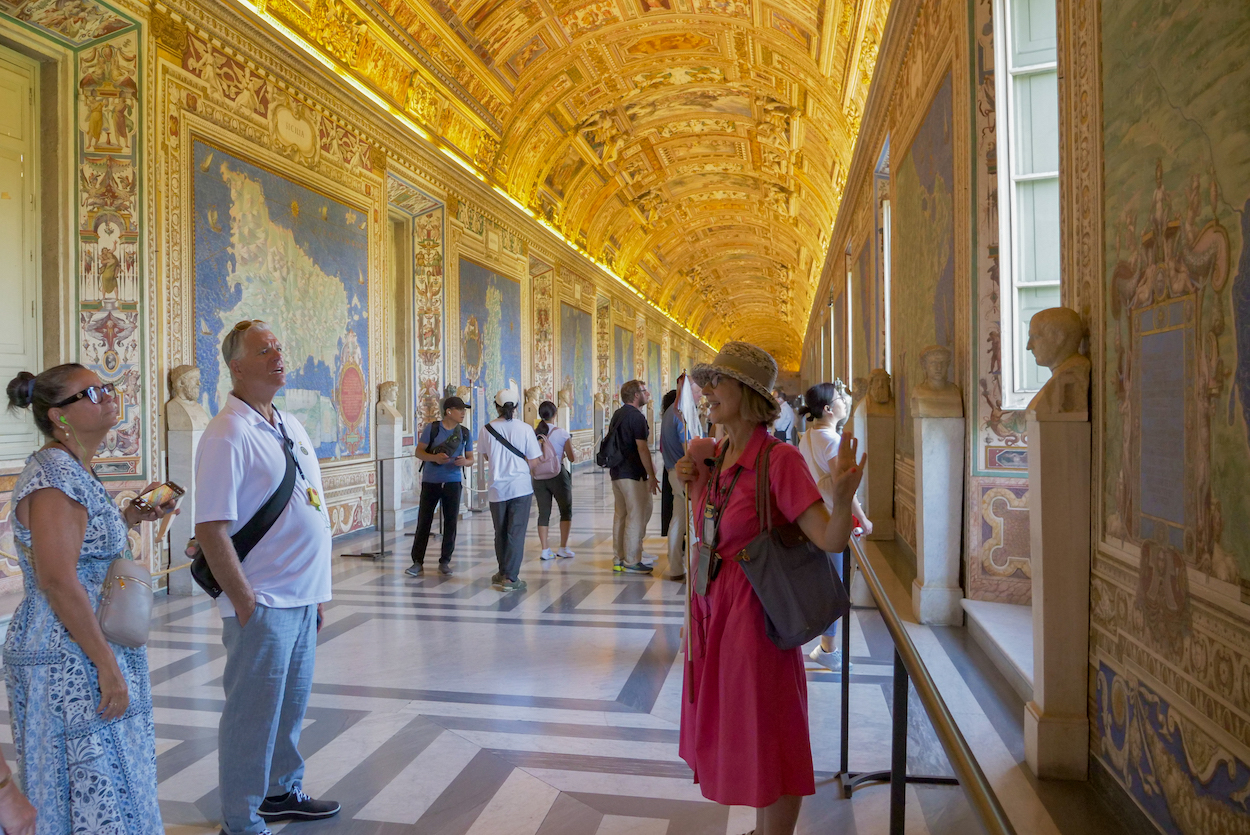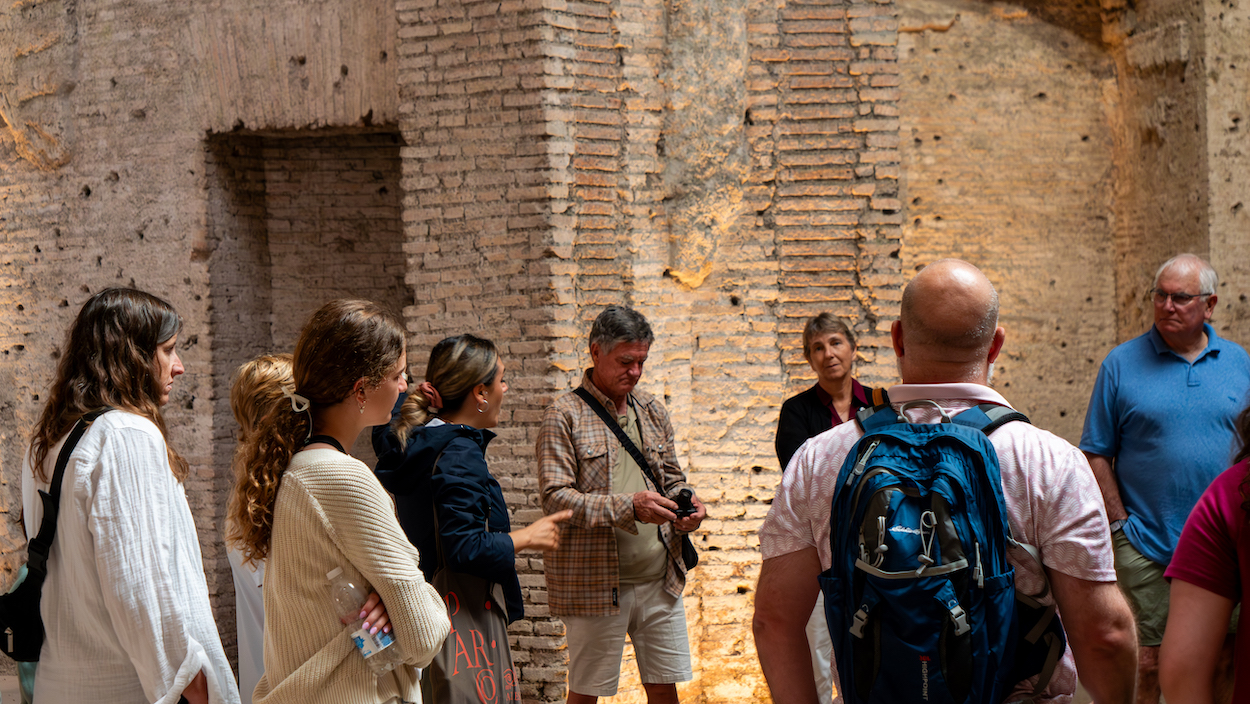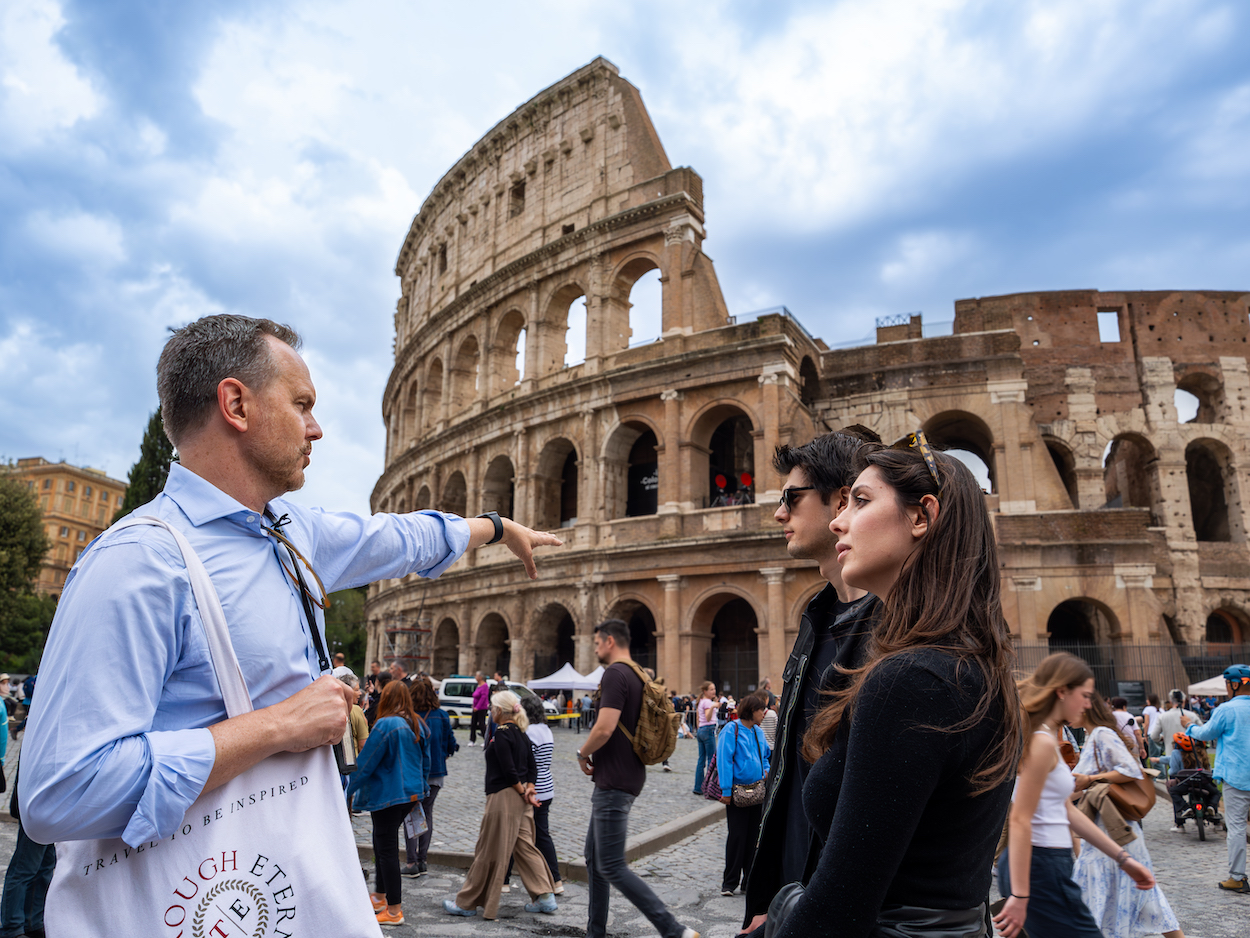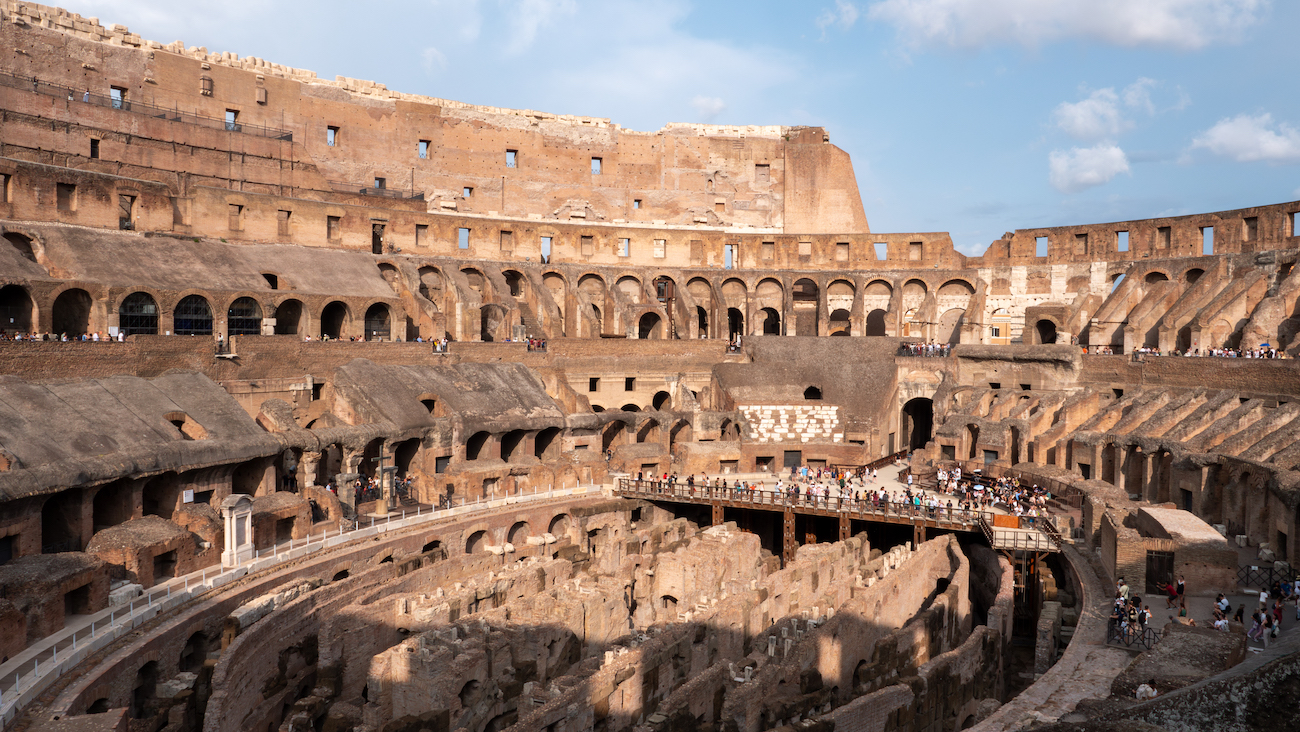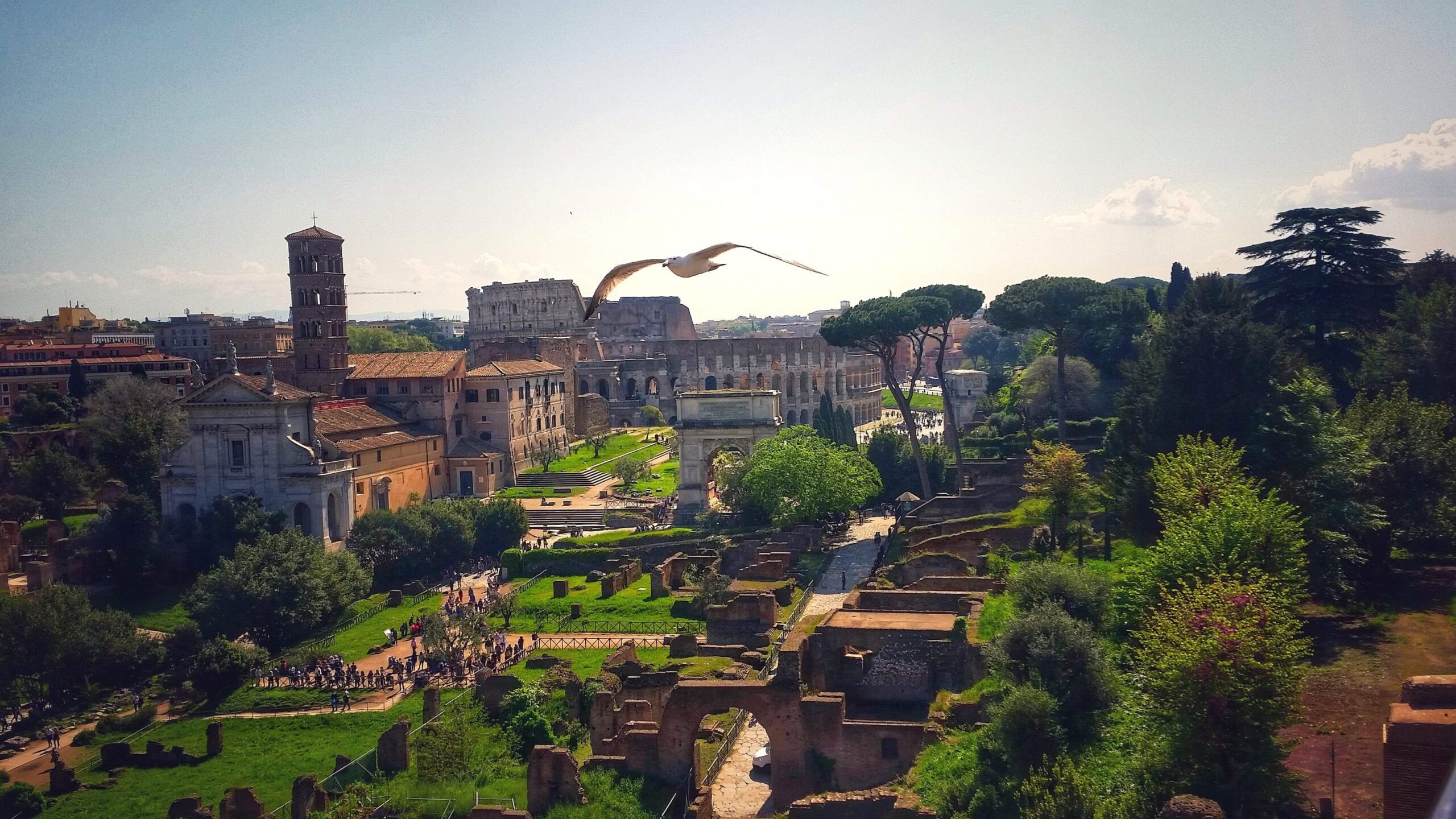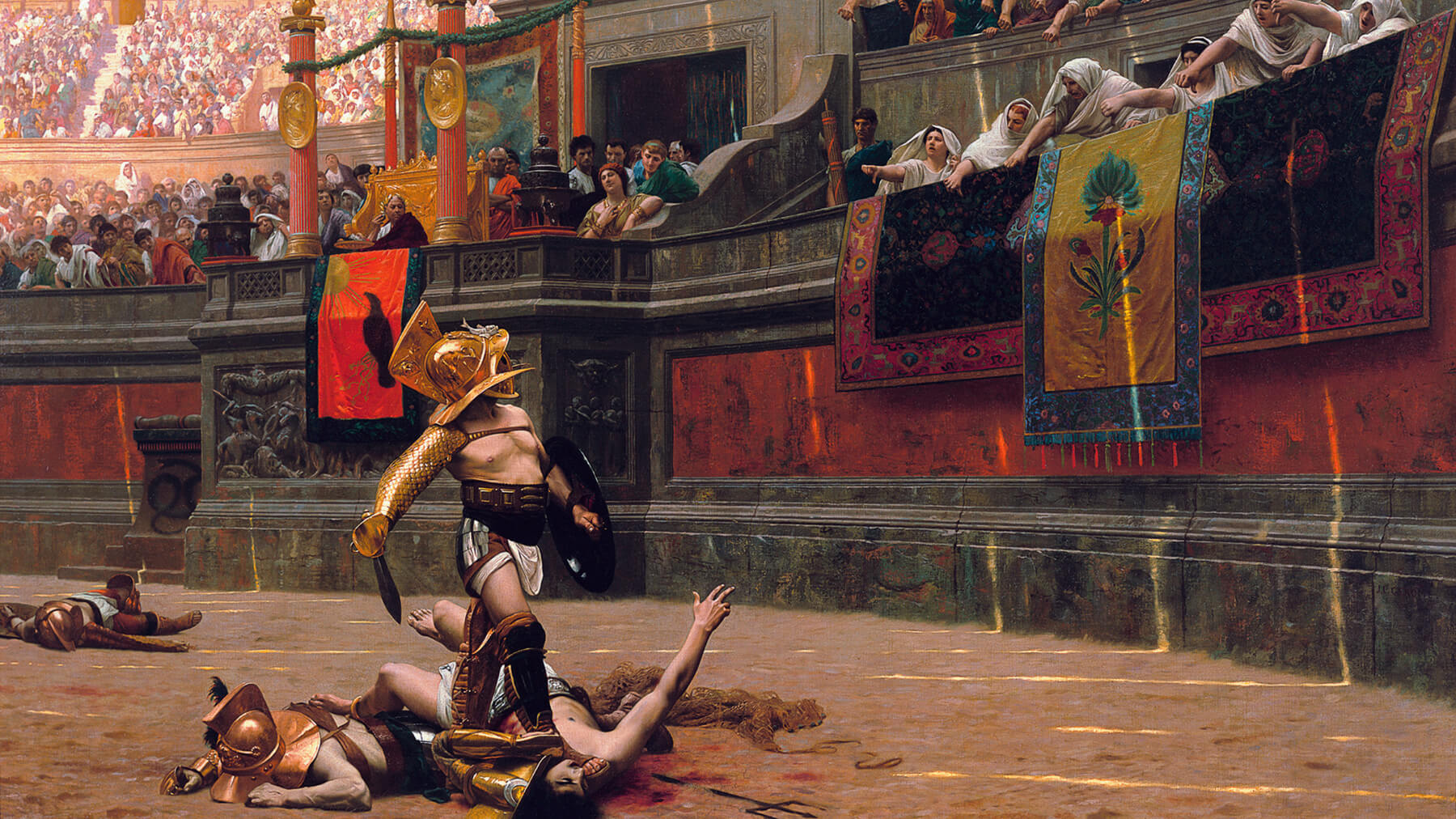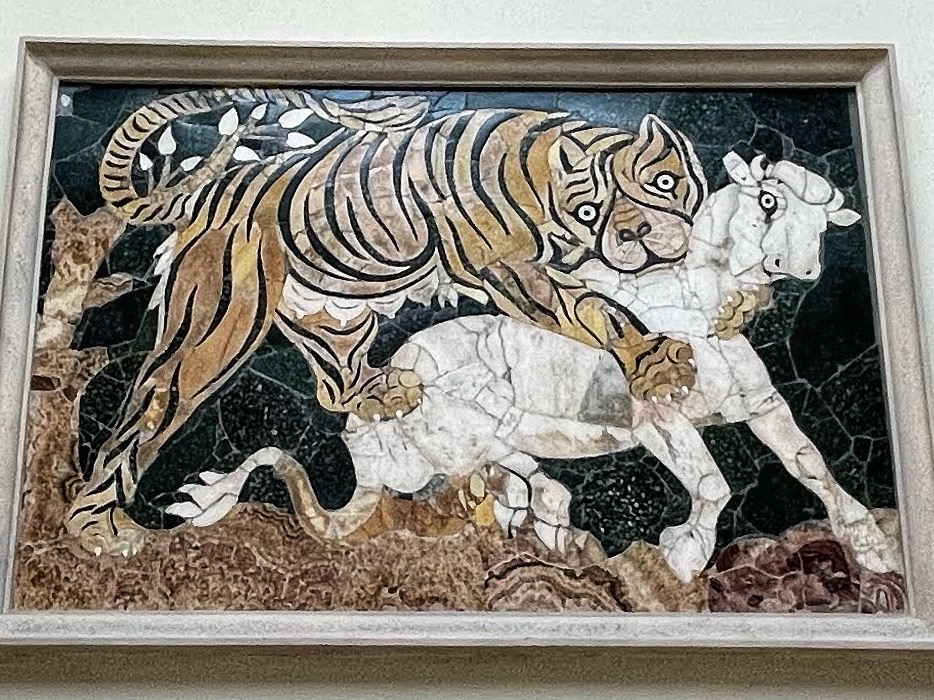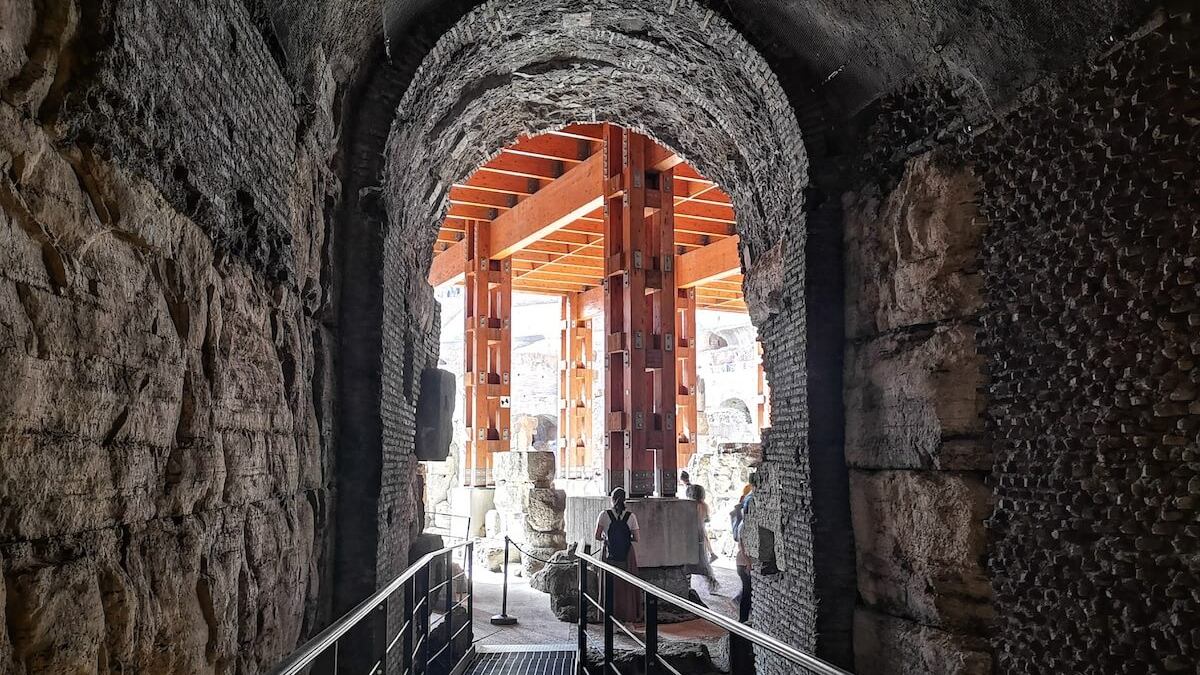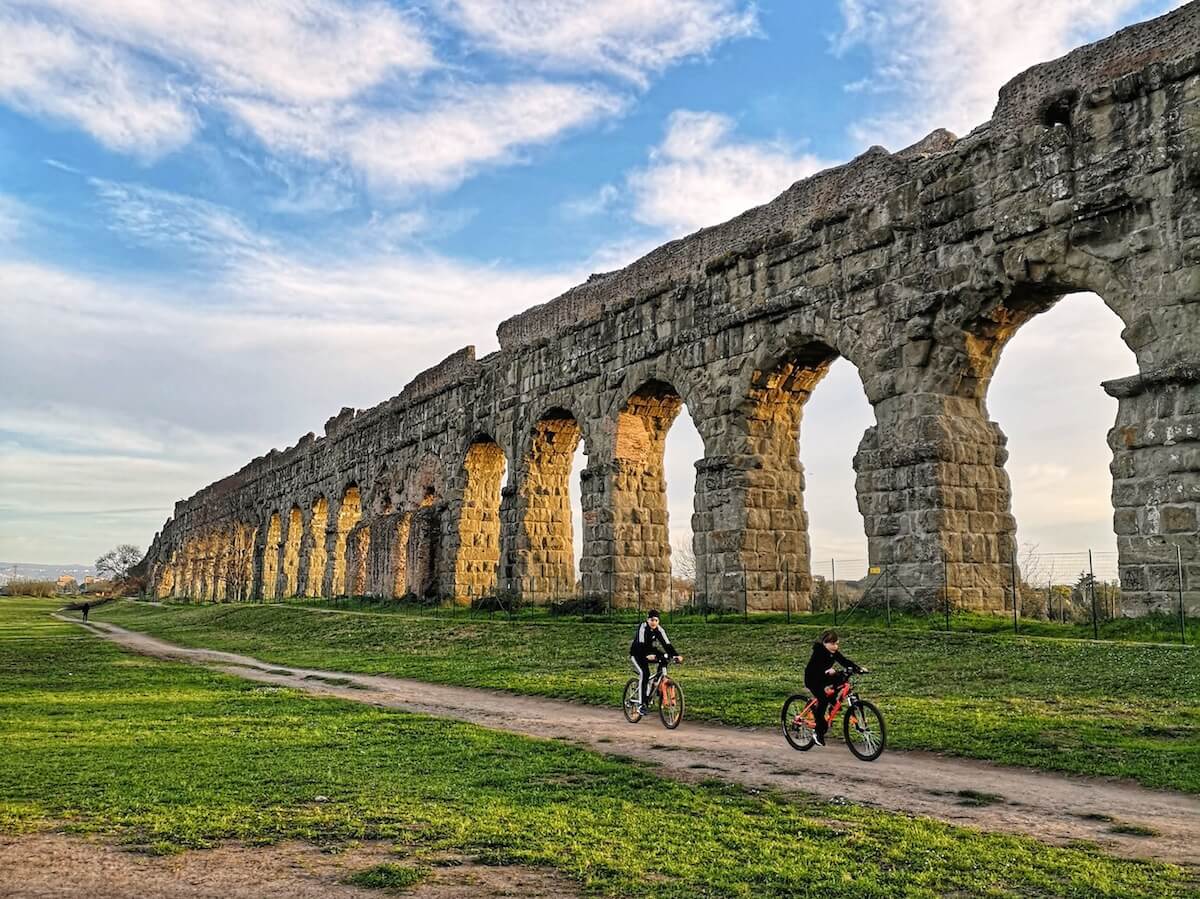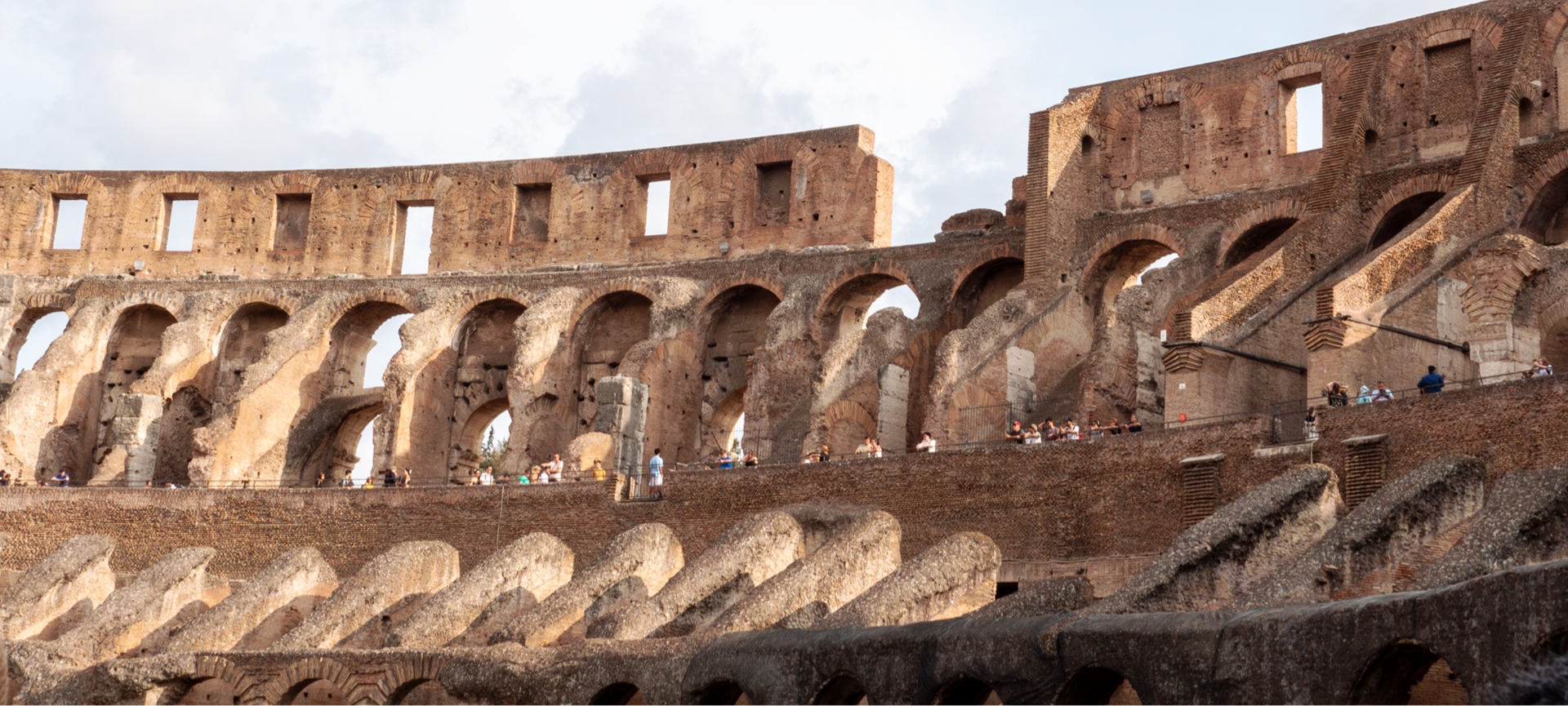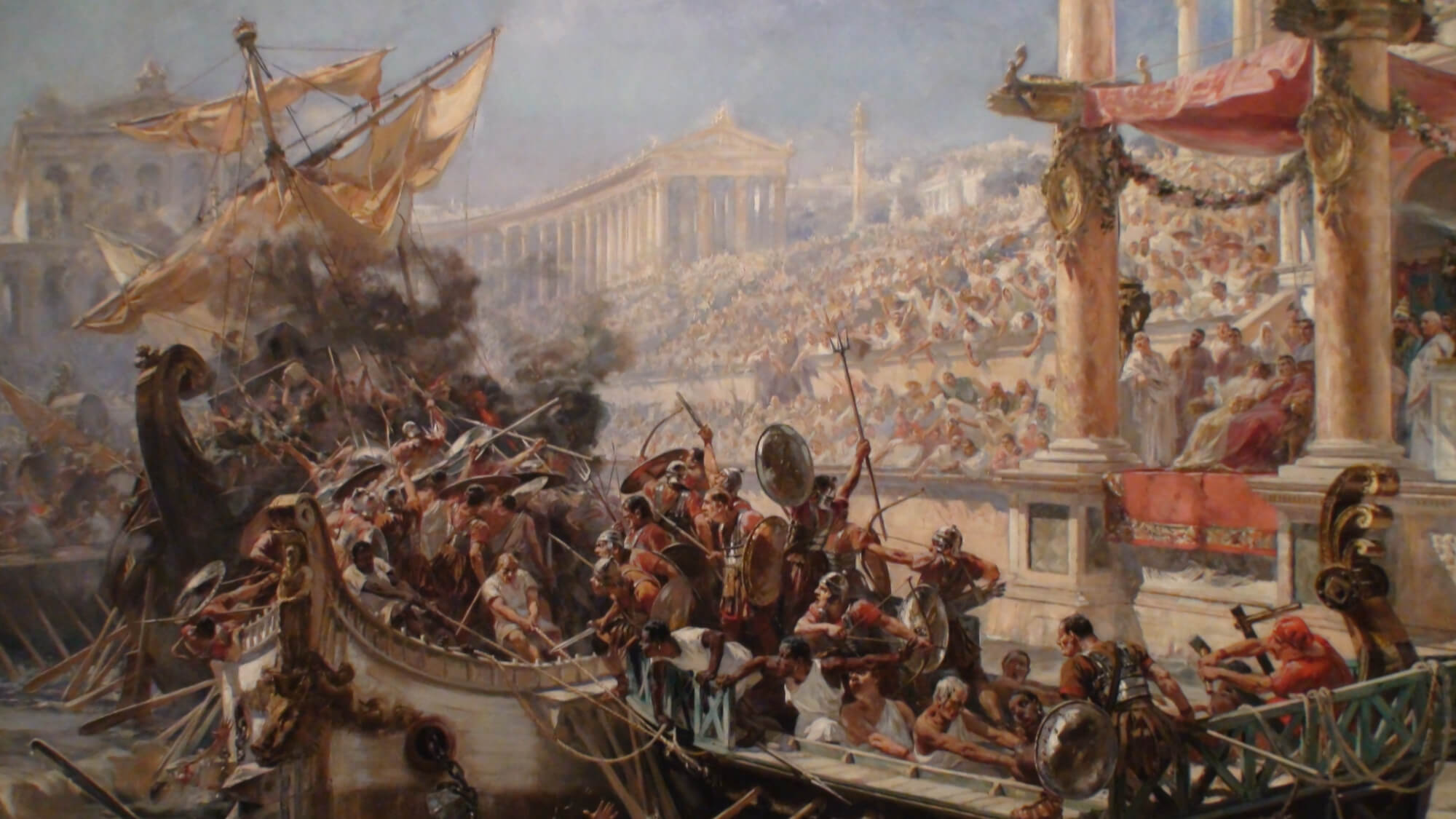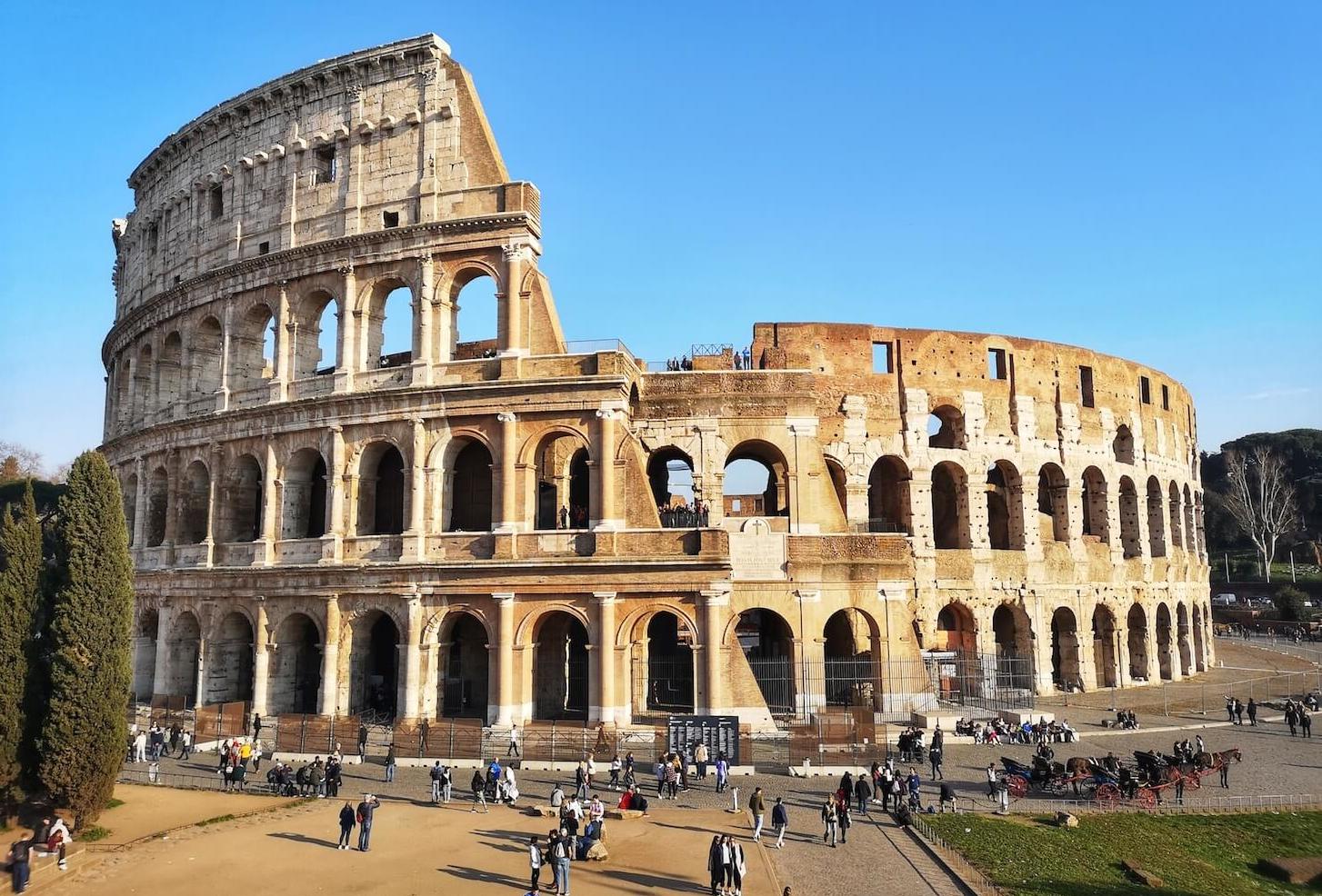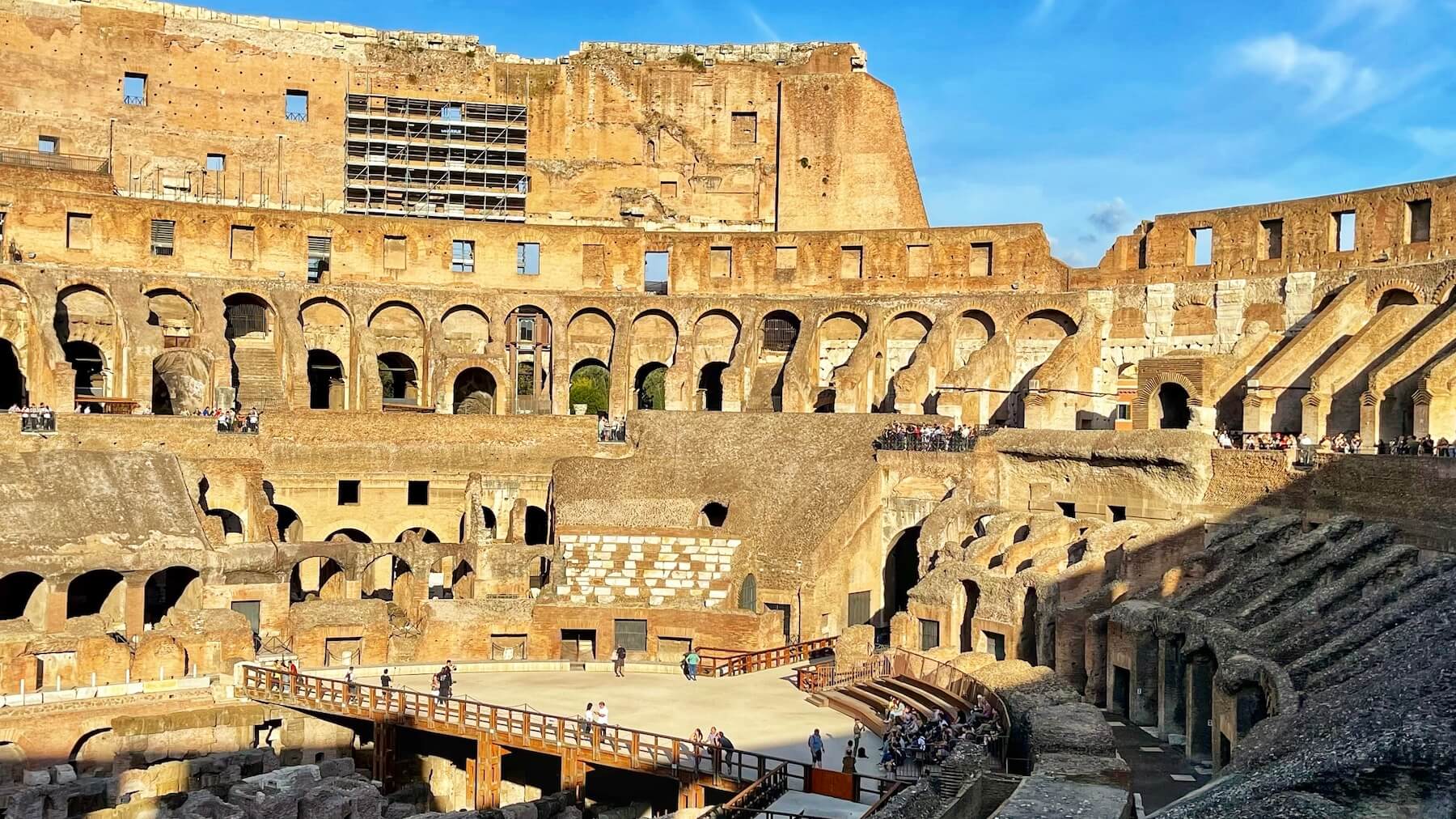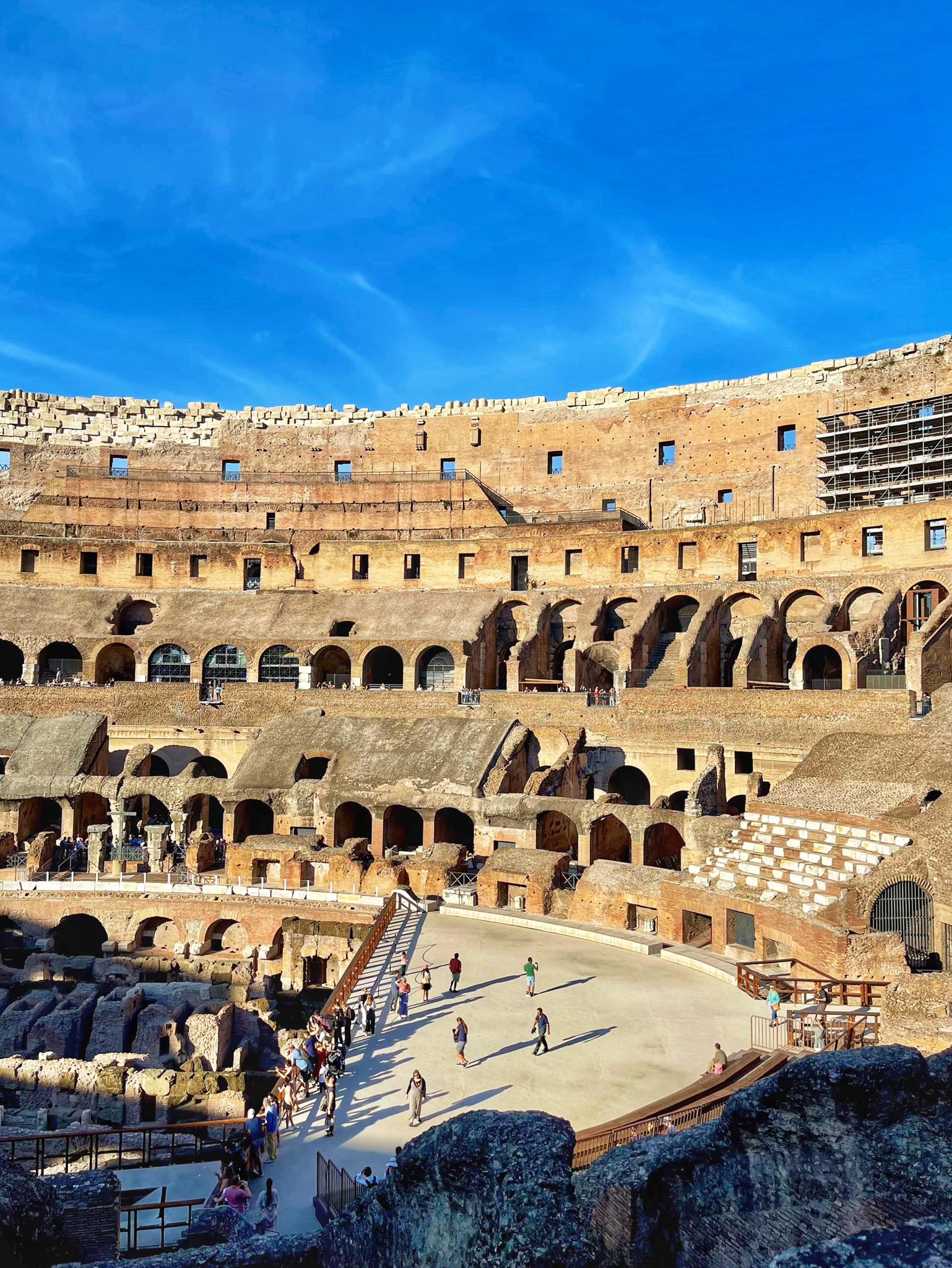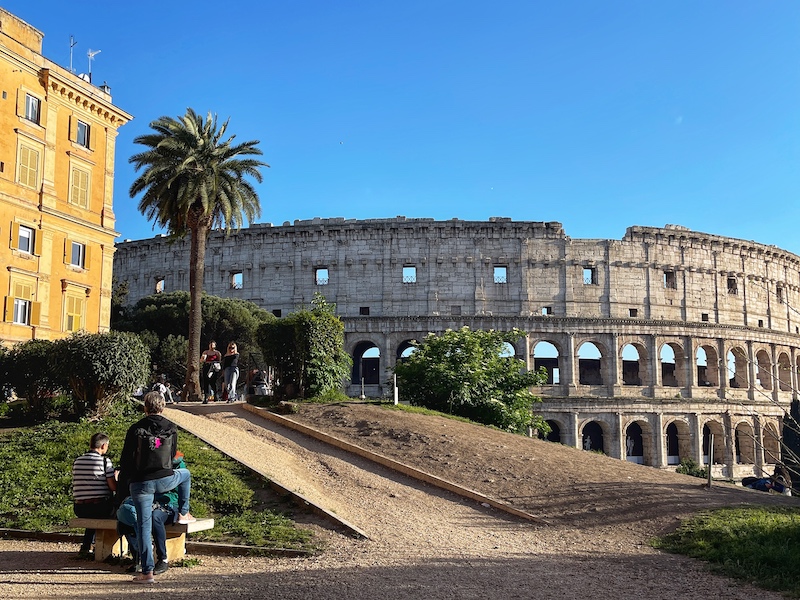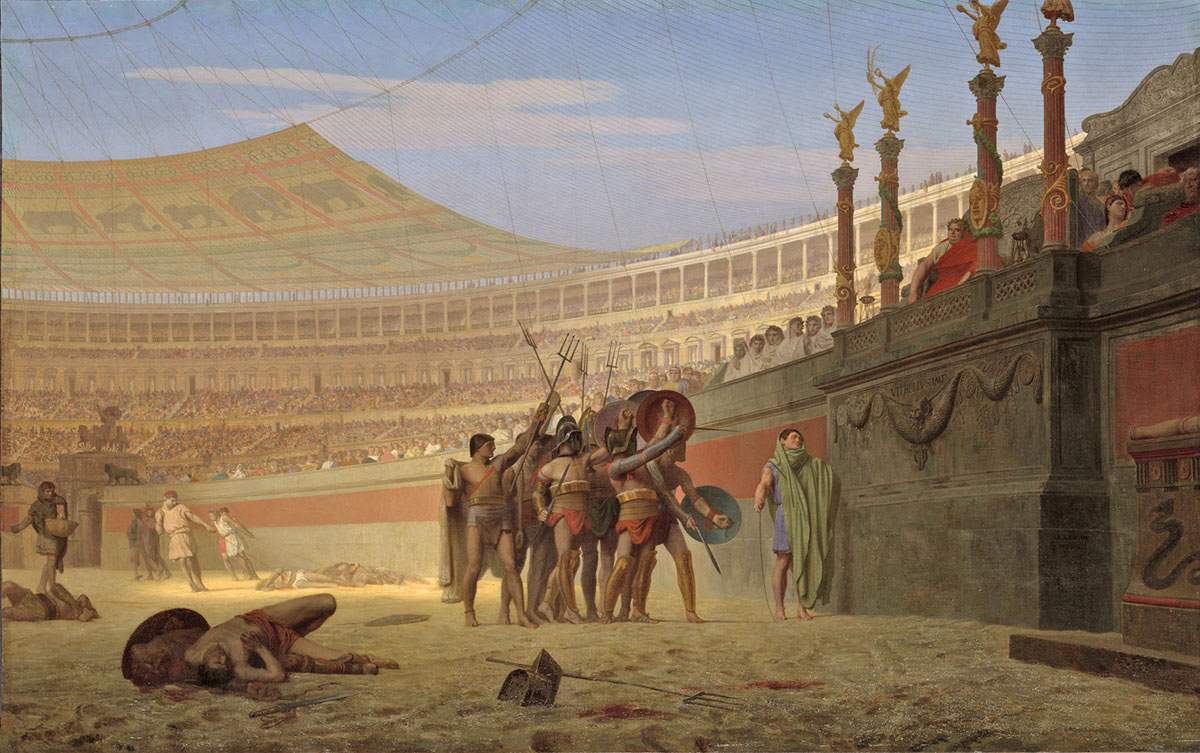Ancient Rome was more diverse than you might expect. People immigrated to Rome from across Europe, and even from Egypt, Syria and North Africa. It was not cosmopolitan like modern London or New York, as at its peak, the foreign population of Rome was only around 5%, and many of these foreigners were slaves. However, many of the foreigners in Rome were also skilled workers and soldiers. With the rise of the Roman Empire, immigration became increasingly necessary.
Best Rome Tours
Explore the Best of Rome
As the influence of Rome spread across the world, and Julius Caesar and Augustus colonised North Africa, the number of immigrants born in cities such as Carthage (Tunisia) increased. According to David Noy, the author of Foreigners at Rome: Citizens and Strangers, these immigrants would have come from a variety of ethnic backgrounds, including Greek, Libyan, Berber and Jewish.
While xenophobia undoubtedly existed in Rome, many of the immigrants had Roman citizenship, which gave them important rights and protected them from expulsion. Some of the most important Romans, including authors, popes, and even an emperor, were originally North African.
The most famous Roman of North African origin was undoubtedly the emperor Septimius Severus. He was born in Leptis Magnus – modern day Libya – and had a dynamic eighteen year reign in the second century AD. It was a reign characterised by military campaigns across the empire (including Africa, Iran and Britain), military reform, and architectural achievements. On a Roman Forum Tour you can see the triumphal arch built to commemorate his Parthian victories. He also built an unusual building close to the Palatine Hill known as the Septizodium, which has been described as the ancient equivalent of the Trevi Fountain. Unfortunately the ruins of this remarkable building were demolished in the sixteenth century, and the stone was used for other construction projects in Rome.
A controversial aspect of Septimius Severus’s reign is his alleged persecution of Christians. There is no doubt that persecution did occur across the empire during his reign, but Severus may not have been responsible. According to Tertullian, a Christian author from Carthage, Severus actually intervened to save high-born Christians from “the mob”, and even had a Christian as his personal physician. But while he may not have been directly responsible for persecutions, Severus was certainly not in favour of Christianity or Judaism, and he issued an edict forbidding conversion to either religion.
Rome has not had a black pope, but there have been three North African popes. The first, Victor I, was probably born in Leptis Magnus and became pope during the reign of Commodus, in the second century AD. The exact circumstances of his birth and death are unknown, but it has been speculated that he was martyred during the reign of Septimius Severus, who was emperor during the last few years of the pope’s life.
Pope Miltiades was also born in North Africa, and was bishop of Rome for a few years in the third century AD. Towards the end of the fourth century, Pope Gelasius I became the third and last North African pope. He had a similarly short reign, but had a much greater impact than Miltiades.
Gelasius is best known for being a prolific writer, having written numerous letters and treatises that still survive. His most famous letter, known as “Duo sunt”, was addressed to the emperor Anastasius I, and established the influential principle of a distinction between the “holy authority of bishops” and “royal powers”. The emperor had claimed that Constantinople was a “new Rome”, a claim which Gelasius denied outright. At a time when the power of the papacy was under threat, Gelasius was willing to challenge the emperor and assert the importance of Rome.
Gelasius was also responsible for attempts to suppress pagan rites, such as the ancient festival of the Lupercalia. In contrast to many of the other popes, he was apparently dedicated to helping the poor, and died penniless.
Two of the most significant Roman writers came from North Africa. Apuleius was born in Numidia (now Algeria), and travelled extensively across the empire. He’s most famous for his bawdy novel The Golden Ass, the only Latin novel to have survived in its entirety. Apuleius was involved in various religious cults, and was once accused of using magic to win the heart of a wealthy widow.
The comic playwright Terence was also of North African descent, and had a similarly remarkable life. He was born into slavery but impressed his master, a Roman senator, to such an extent that he was given an education, and eventually his freedom. He left Rome at the age of twenty-five to travel to Greece, and was never seen again. But while many details of his life remain a mystery, his work endures. His comic plays, written in the vernacular, have had a long lasting influence on Western drama.
Book Your Ancient Rome Experience

